| Christmas in Raritan during World War II |
 |
Christmas has always been a major holiday in the United States, but during World War II (1941-45) it took on special meaning as many
families had a “loved one” serving in the military who could not be home for Christmas. During the war years “Peace on Earth” was not just a nice phrase
found on Christmas cards, but the number one wish of all peace loving people throughout the world. The Christmas season gave hope that while this year
many were away, maybe next year the war would be over and missing family members would return home. |
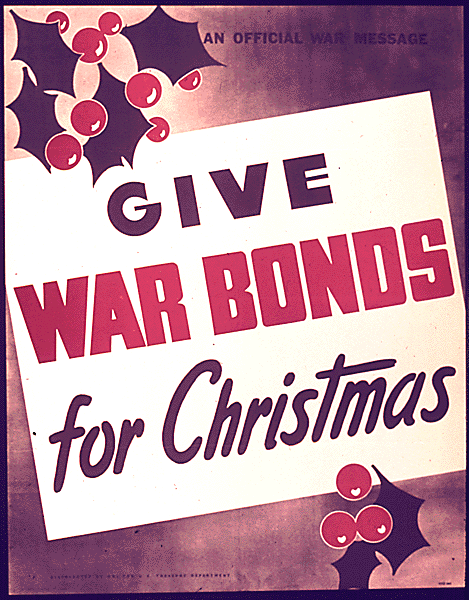 |
A "V-Mail" Christmas Card
sent home by one of Raritan's
GIs to Tony Orlando |
|
War Bonds Help
Fund The War |
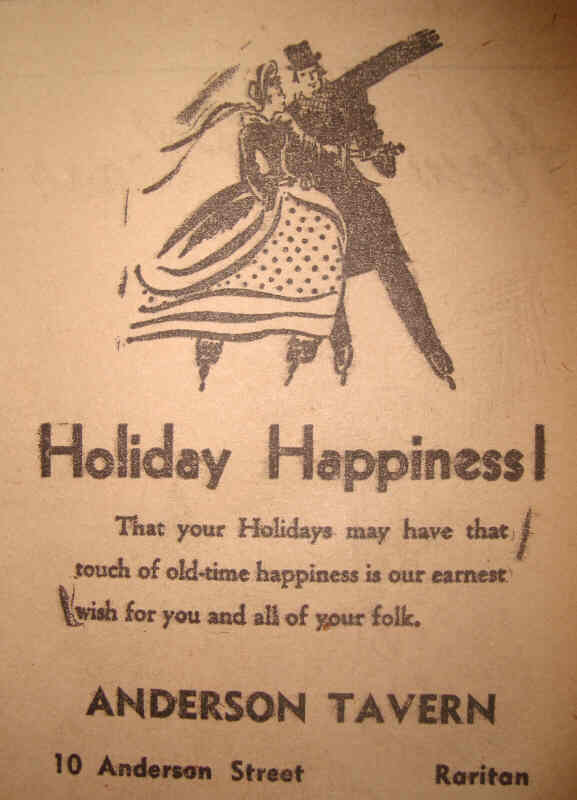 |
The local stores for Christmas shopping around Raritan in 1941-1945 were much different than today. The Bridgewater Mall was just
vacant land and the Internet had not been imagined yet. Most Christmas shopping was done with the local Raritan merchants. Back then, Raritan had
two clothing stores; Granetz which was located 1 East Somerset Street and Glaser’s which was at the corner of Thompson Street and Second Street.
Rocky’s , another department store, was located on Somerset Street. All three stores were owned by Raritan residents in this era of mom and pop stores.
Goods not available in Raritan could be found in Somerville in the bigger department stores such as Sears, Grants, and Burke’s.
For Jewelry, Somerville had Littman’s Jewelry Store. But the premiere store of the era was Bamberger's which was located in Plainfield - a train ride away.
Another town that was often visited for shopping was New Brunswick which had a number of popular stores.
Buses headed toward New Brunswick every 20 minutes from downtown Raritan. |
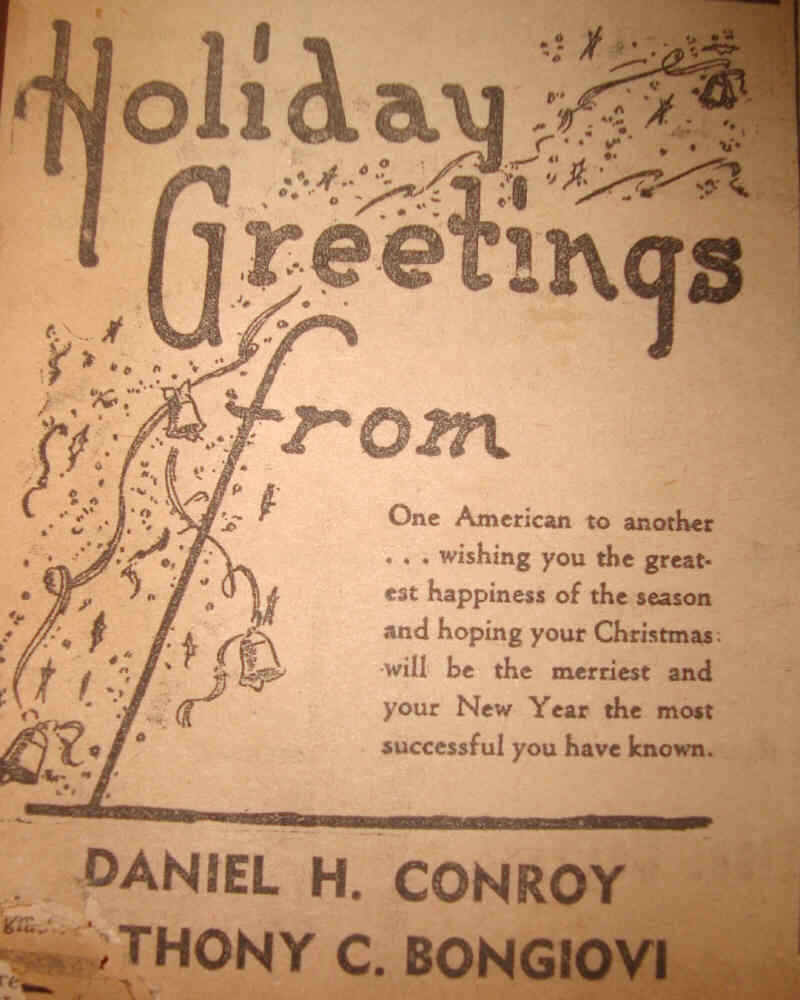 |
The Anderson Tavern
is now DeCicco's Tavern |
|
The Conroy-Bongiovi Funeral Home is now The Bongiovi Funeral Home |
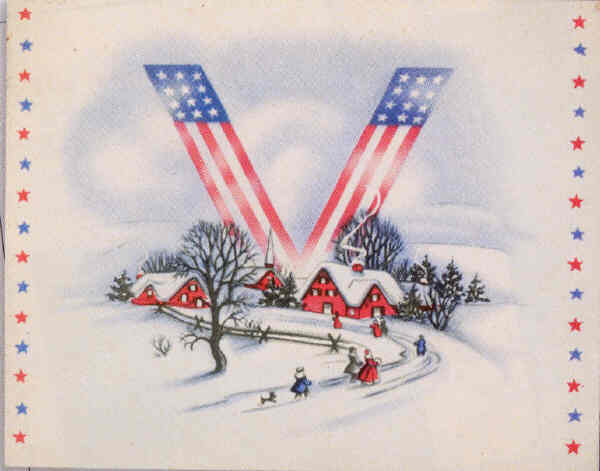 |
Wartime brought about a unique turnaround in consumer purchasing power and availability of goods. Before the war, America was still
recovering from the great depression when money and jobs were scarce. Shoppers were often limited to window shopping, not having any extra money to
purchase anything not considered a necessity. When the war began, war production went into high gear with more good paying jobs and additional discretionary
income to purchase goods. Unfortunately, there was little to buy as rationing and priorities in war production left few goods on the shelves.
Metal toys had nearly disappeared as did automobiles, radios, bicycles, typewriters, and other standard goods that had previously been available before the war. |
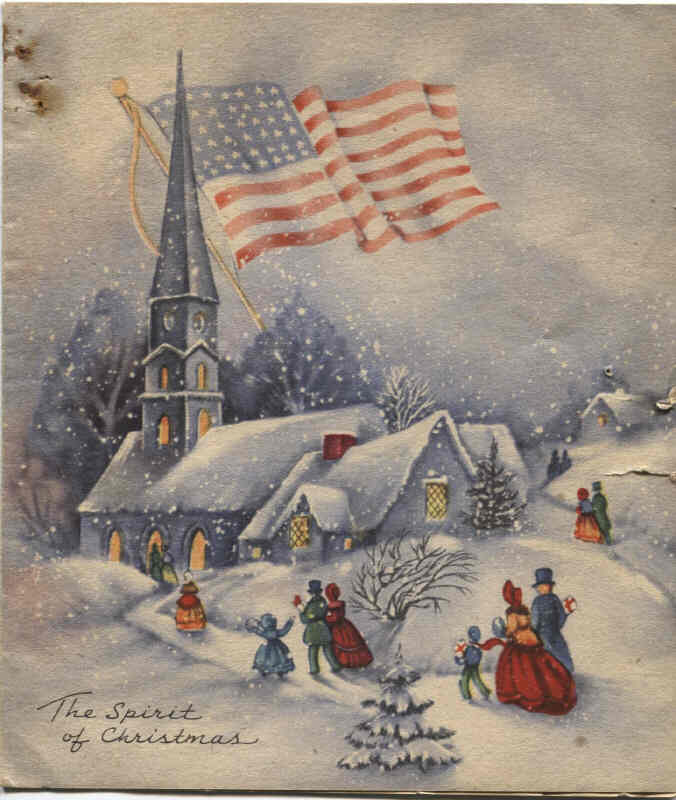 |
| The "V" for Victory symbol was found everywhere during WWII including Christmas Cards |
|
Christmas Cards of Era had a Patriotic Theme |
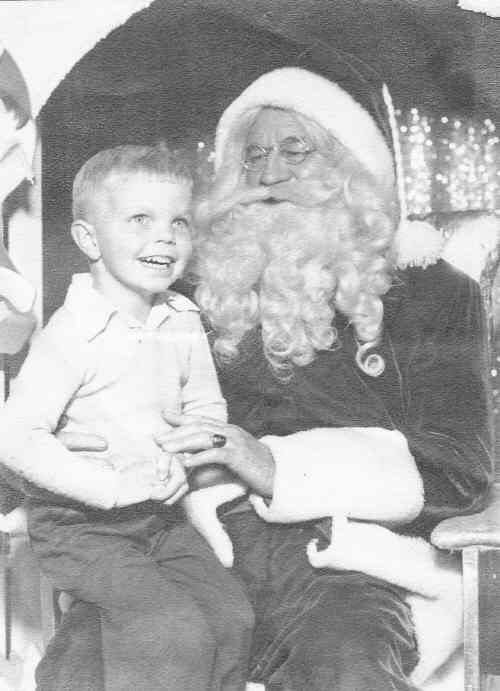 |
The wartime production priorities greatly restricted the presents that children could receive for Christmas.
This needed to be told to the kids - and who better to tell them than St. Nick himself. Santa Claus at the local department stores had to lower
expectations when talking to the children that came to sit on his lap. Santa would tell the kids not to expect too much because of the war.
He made no promises. Sometimes Santa had to explain that a particular toy had too much steel in it - and that steel was needed for the war.
If a child seemed disappointed in Santa’s lack of promises, Santa would inform the child that some children living in the countries where the war was being fought
will have no Christmas at all … |
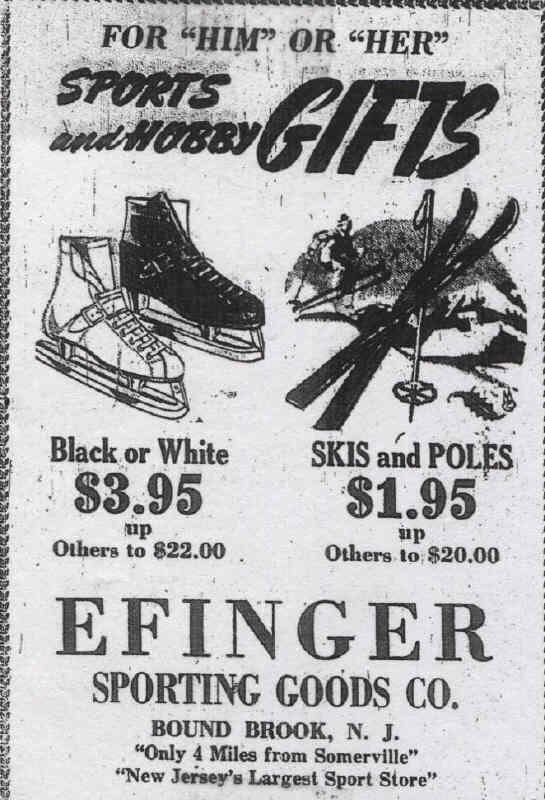 |
| Santa Had to Lower Expectations For The Kids |
|
Efingers, as it is today, was the premiere sporting goods store in the 1940s |
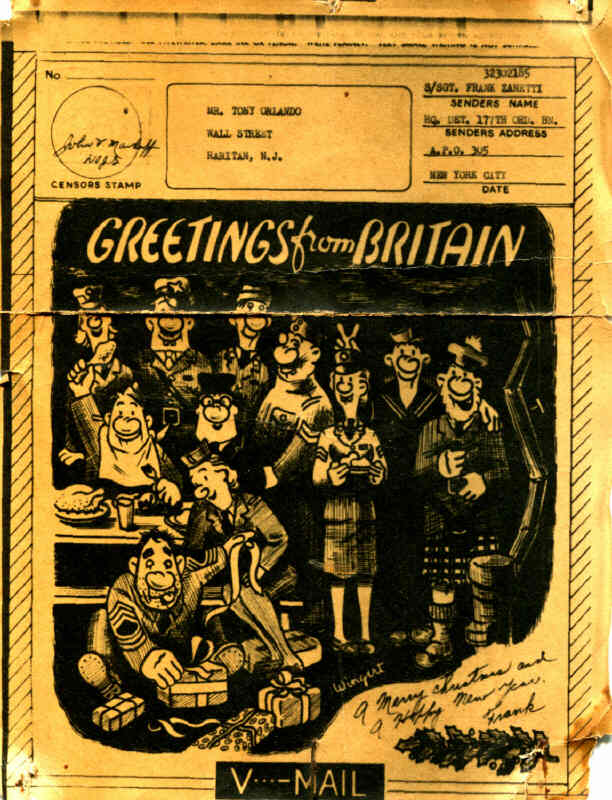 |
To obtain the family Christmas tree during WWII there was no need to drive out of town (most families did not have a car) as Christmas trees
were sold right on Somerset Street in Raritan. You paid your three dollars and carried your tree home. It was common for families to purchase their tree just
a day or two before Christmas.
Back then, the Christmas celebration was carried on for many days after December 25th. Christmas music could be heard on the radio
into early January.
John Pacifico, who was a young teenager during World War II, recalls that the community spirit at Christmastime was much different than today as most everyone
walked to their destination, thus you interacted with neighbors and friends often, and so “The Spirit of the Christmas” was constantly shared together among
the Raritan residents. The greeting then in Raritan (as in the rest of the country) was “Merry Christmas” – the phrase “Happy Holidays”
was not in the vocabulary of 1940s America.
|
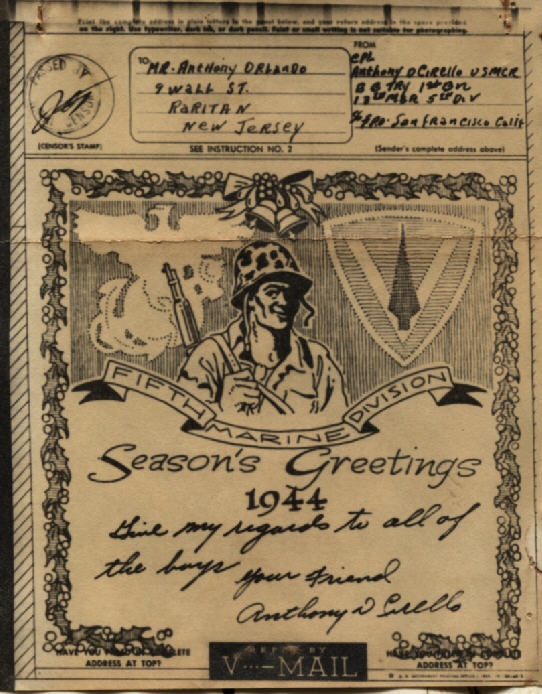 |
| V-Mail from Frank Zanetti |
|
V-Mail from Tony Cirello |
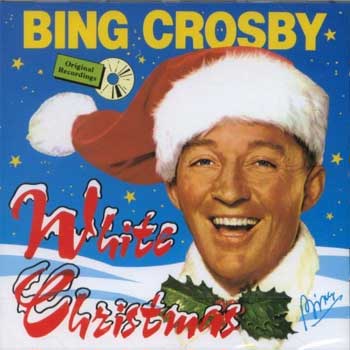 |
The wartime Christmas years introduced classic Christmas songs to the culture.
The song White Christmas first debuted in 1942 in the Movie Holiday Inn. Sung by Bing Crosby it became an instant hit as its peaceful feeling hit home with
both those on the home front and those on the battle front. Another Christmas standard I’ll Be Home for Christmas made its debut in 1943.
The words touched the hearts of separated loved ones as the song speaks of yearning to be home at Christmas even “if only in my dreams”.
|
 |
 |
As for the soldiers and sailors overseas at Christmas, military necessity and lack of accommodations forced them to have a minimal or
close to non-existence holiday celebration. Raritan’s John Hudak, who served in the Navy during World War II, today sums up his Christmas wartime experience
by saying, “Christmas was just like any other day.”
At Christmas time many of the boys serving overseas would get the blues. But visual reminders of home could cheer them up - even if it was just for a moment.
Raritan tavern owner Tony Orlando sent a photo of a Christmas tree that he had dedicated to the Raritan GIs to dozens of Raritan servicemen overseas.
This photo indeed “hit home” as many surviving letters written home during World War II talk about the photo of the tree.
|
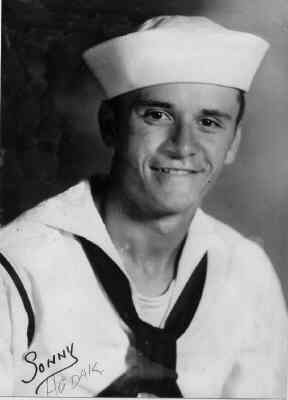 |
| This photo was sent by Raritan Tavern Owner Tony Orlando to the Raritan GIs overseas |
|
John Hudak
Christmas during the war was just like any other day |
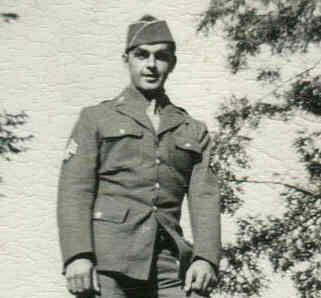 |
Michael Musz wrote back to Tony “Thank you for the wonderful picture of the Christmas tree – it’s a sight that is very familiar and in a place
that I’d like to be right now. We did manage to hold a small party for Christmas of our own, but we couldn’t celebrate too freely. “
Mike Troisi simply said “Thanks a million for the picture of your famous wall and Christmas Tree for the boys”.
Benny Barone, Tony Orlando’s nephew, wrote “I sure wish that we could all have been home to have Christmas together, but let us hope and pray that
we will all be together again next Christmas.”
Ironically, while the GIs overseas were not able to be with family then, their fighting of the war was insuring that they would be free to celebrate future
Christmas holidays with their families.
|
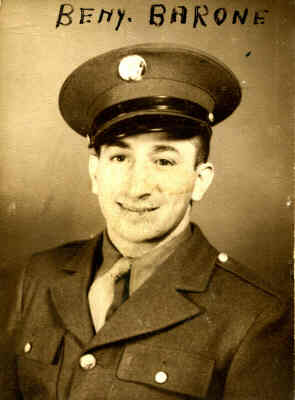 |
| Michael Musz |
|
Benny Barone |
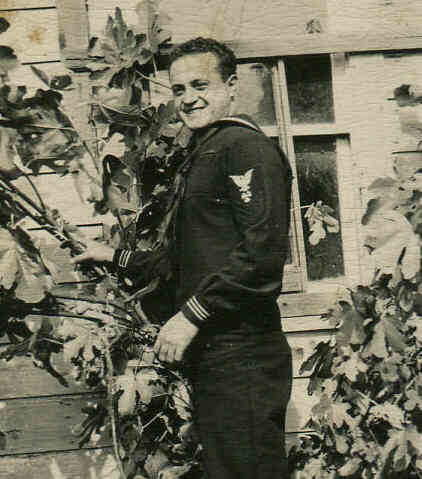 |
Frank Del Rocco wrote back to Tony “It’s a darn nice tree. I’d like to have been there. I’m sending it to my brother Jim.
I guess he will then send it to
my brother Joe.”
The yearning to be home during the Christmas season can be seen in this passage that Raritan’s Stanley Waida wrote to Tony Orlando,
“Well Tony another Christmas came and is gone and the war isn’t coming to an end. This is my third Christmas that I have spent away from home,
and it looks very much like I’ll be in the army for a fourth. I sure hope not.”
|
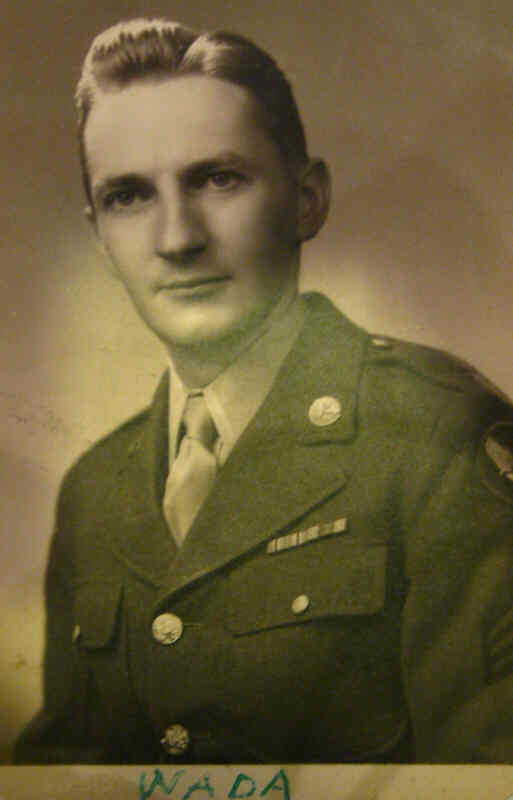 |
| Frank Del Rocco |
|
Stanley Waida |
| Christmas Cards Sent to Tony Orlando from Raritan GIs |
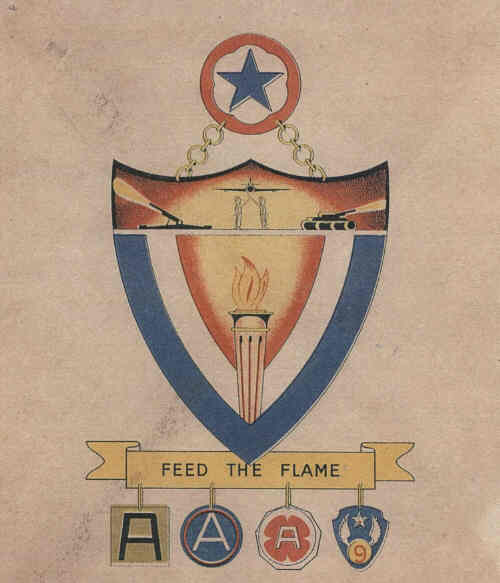 |
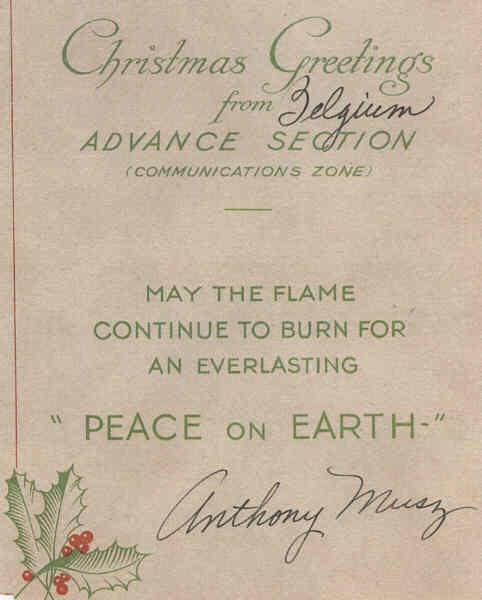 |
| Anthony Musz |
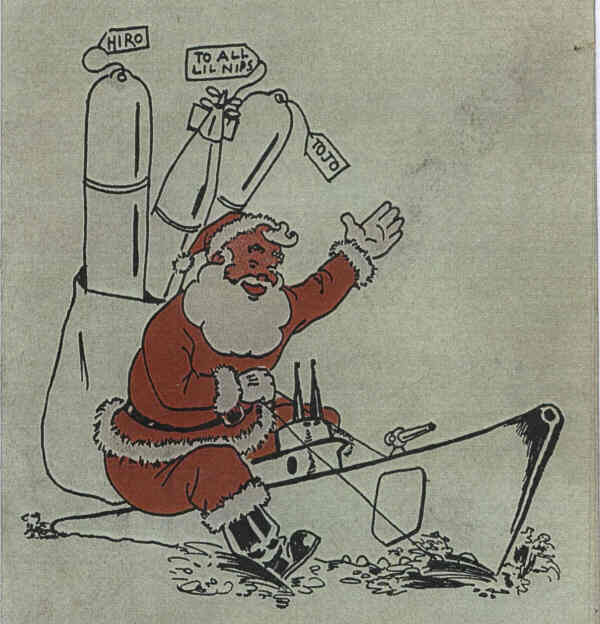 |
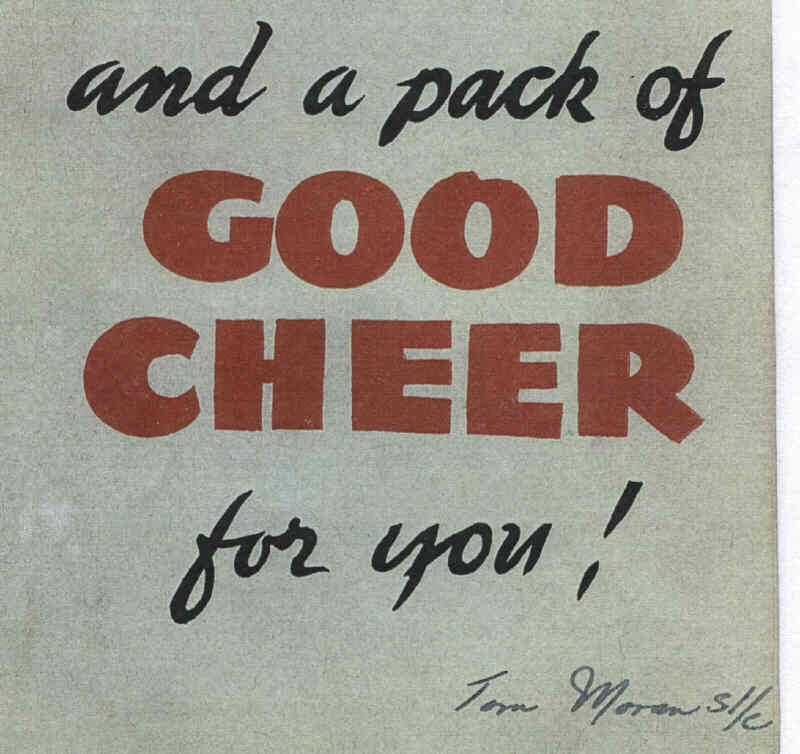 |
| Tom Moran |
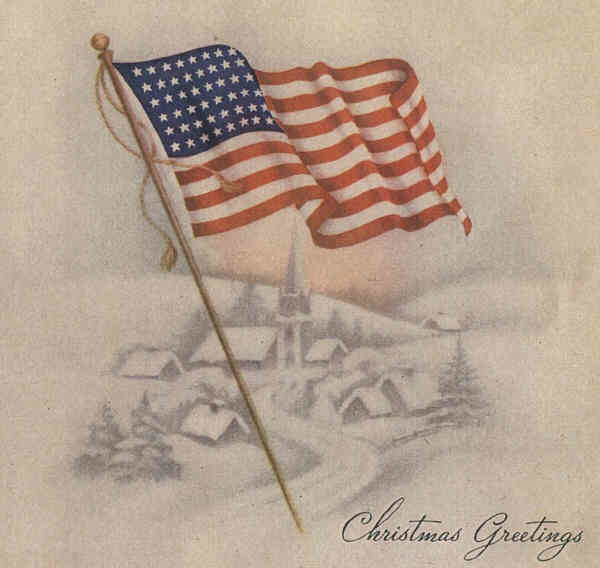 |
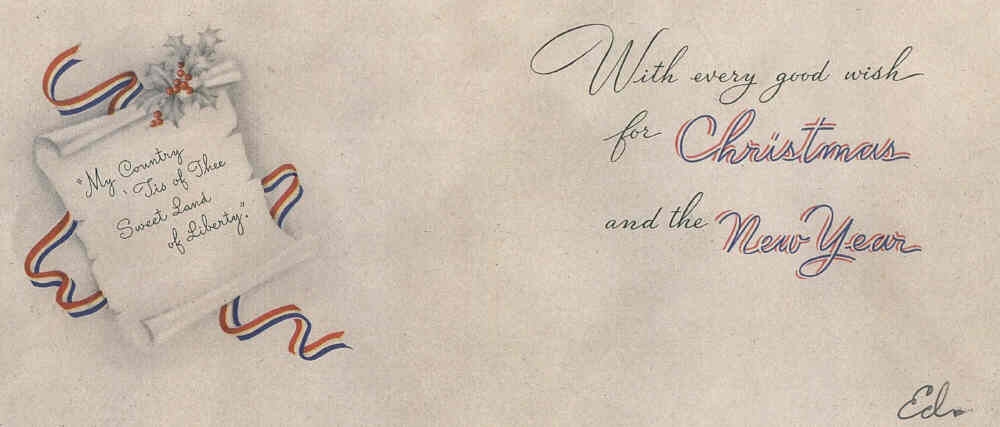 |
| Ed Doyle |
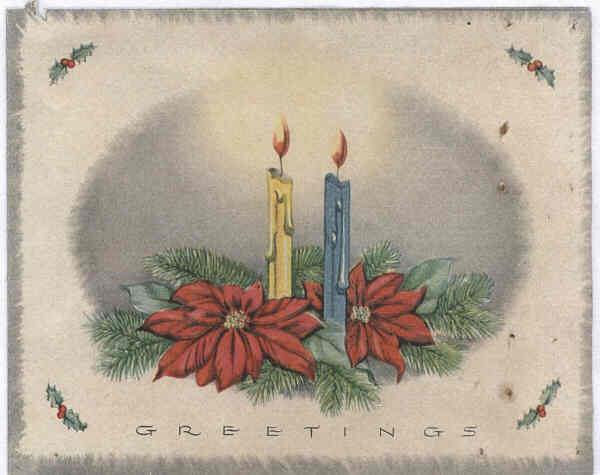 |
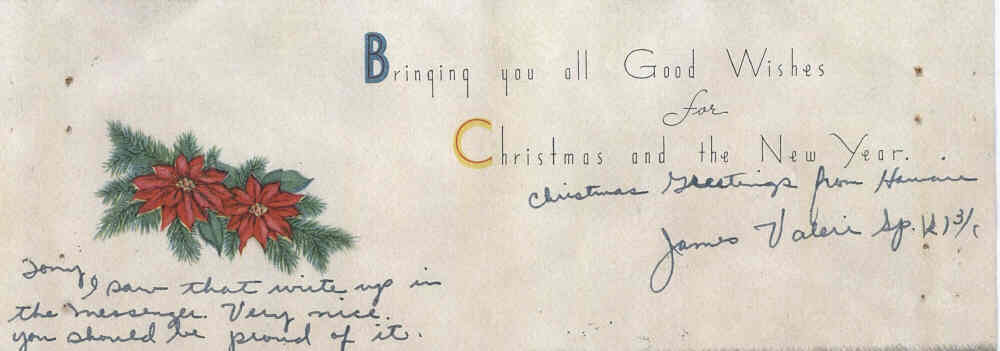 |
| Jimmy Valeri |
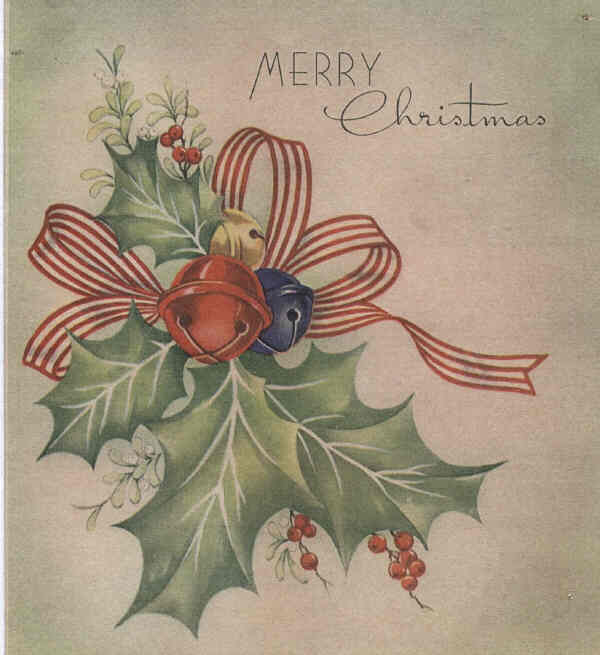 |
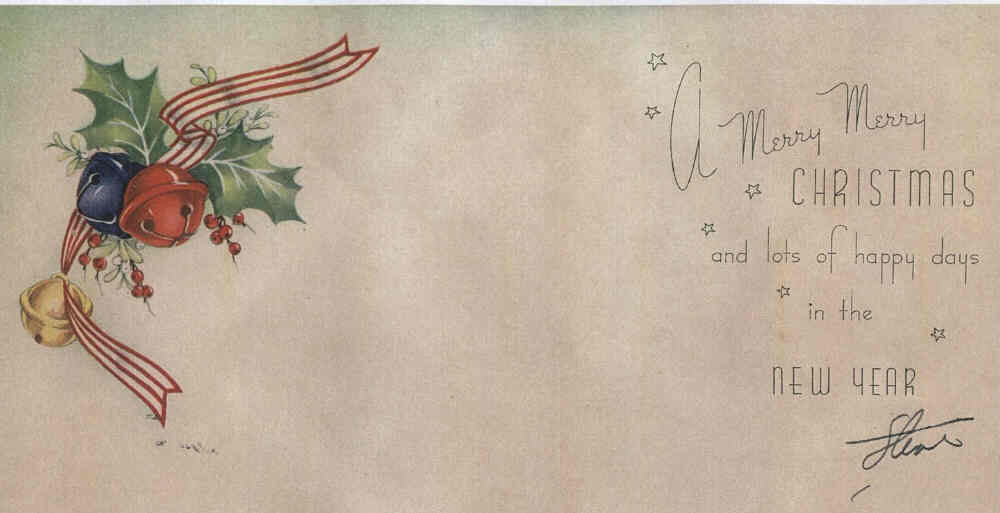 |
| Steve Del Rocco |
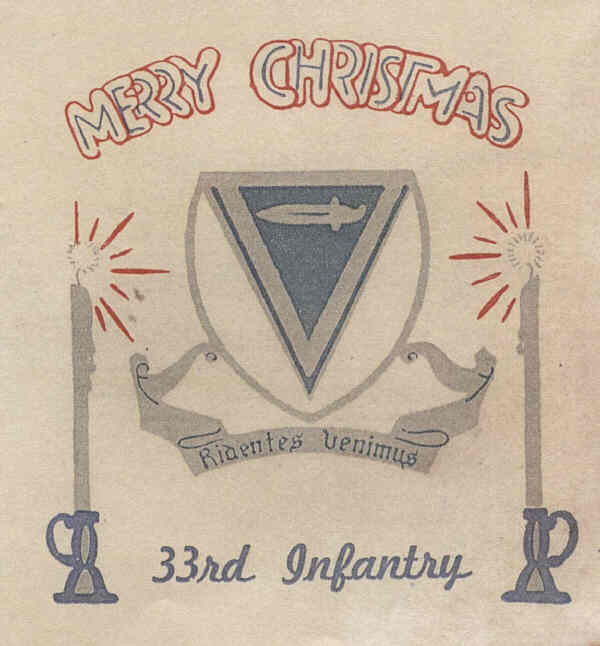 |
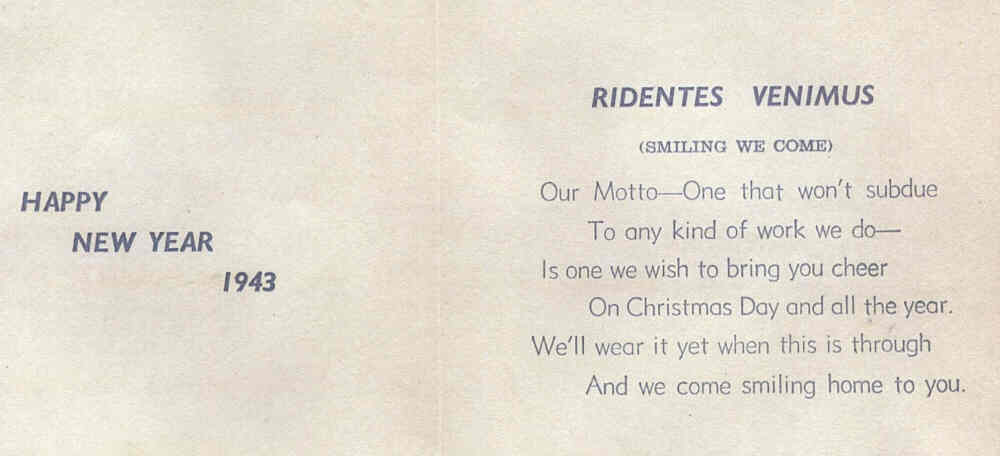 |
| Pete Fontenello |
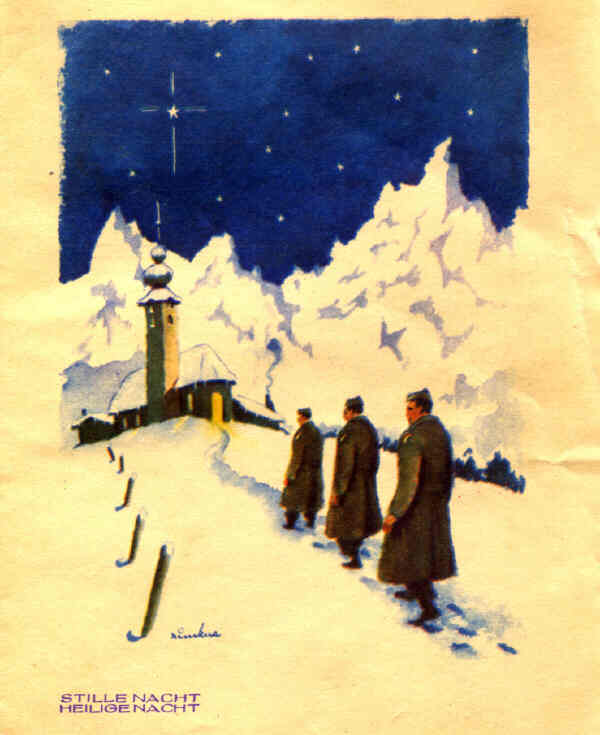 |
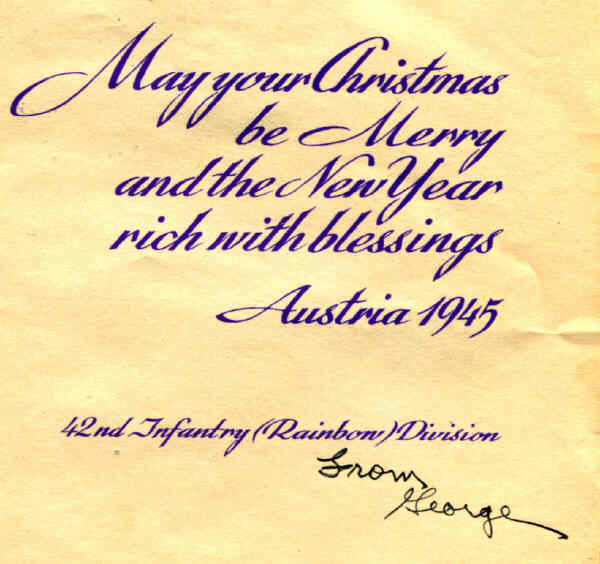 |
| George Gulick |
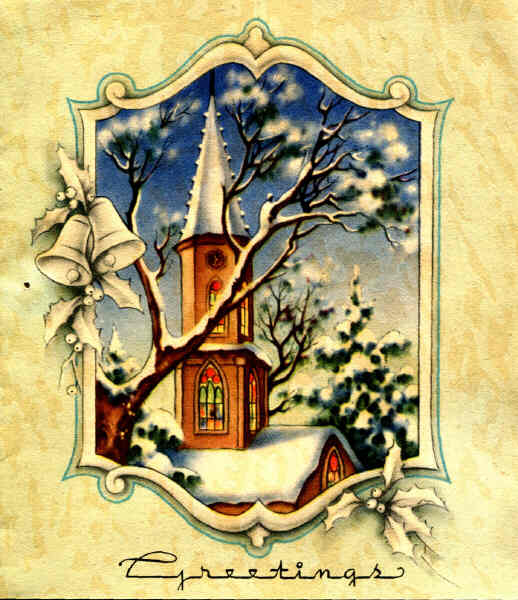 |
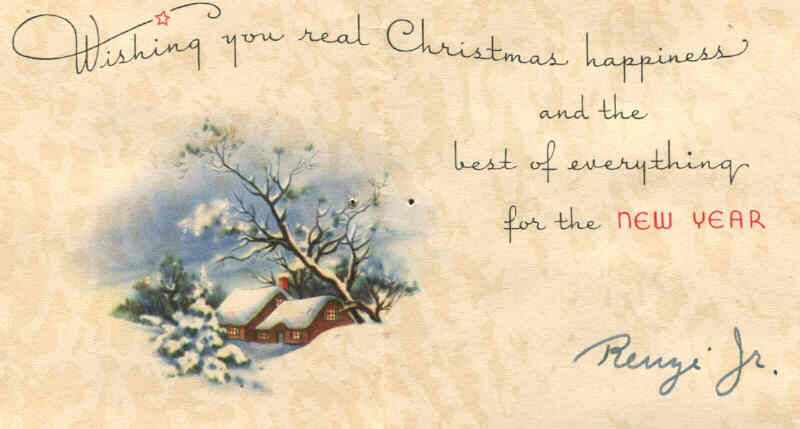 |
| Lorenzo Rossi Jr. |
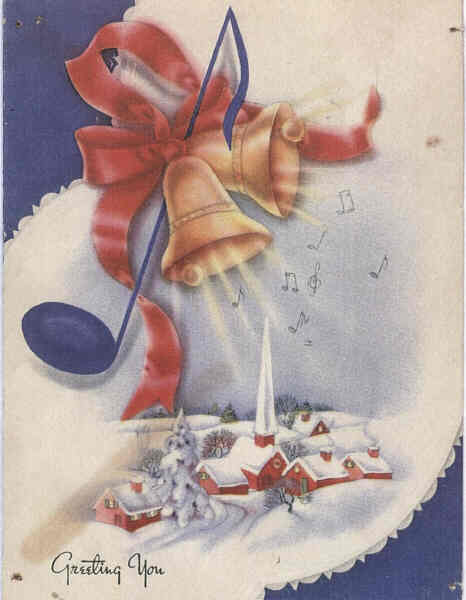 |
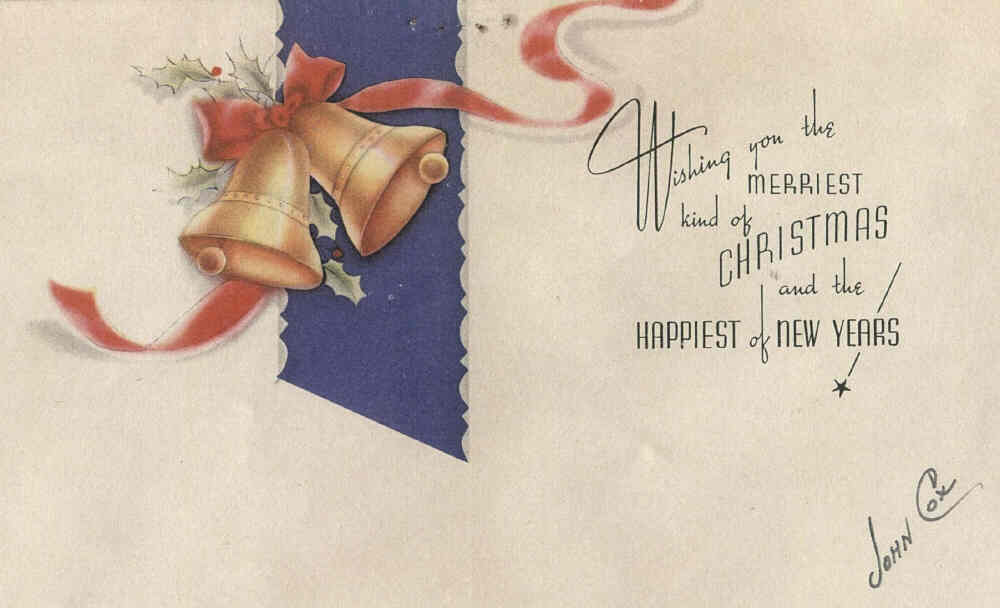 |
| John Cox |
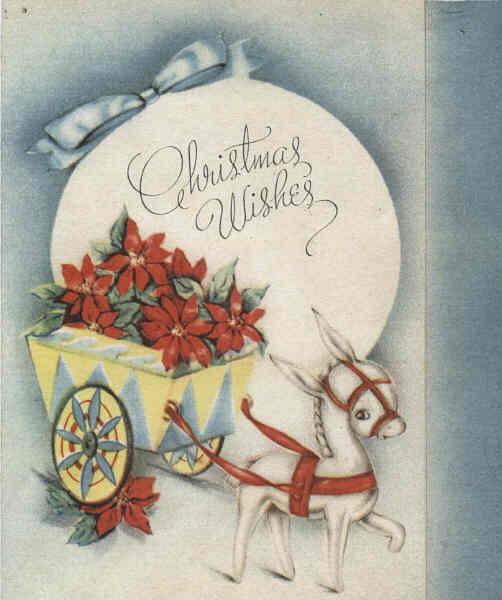 |
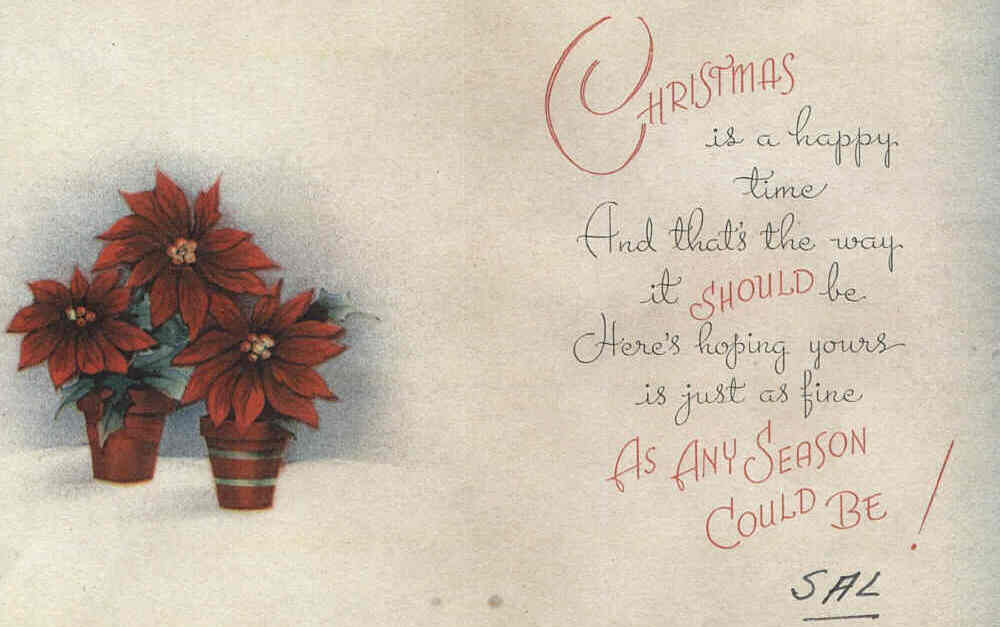 |
| Sal Barone |





































